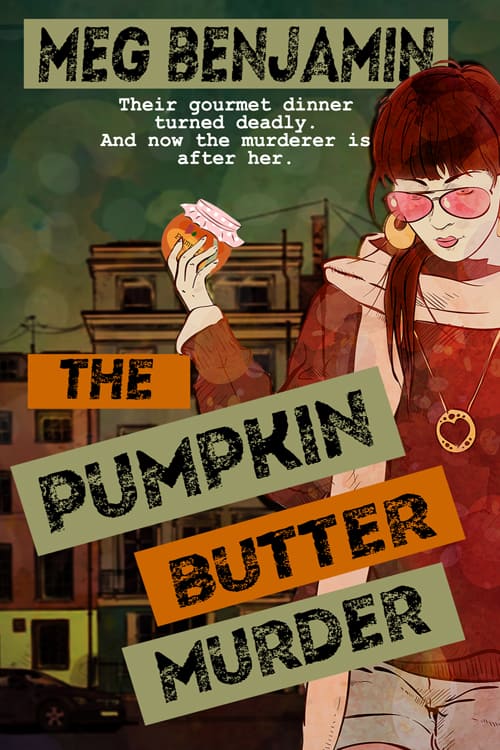Writing Politics
Jane Haddam, the author of the Gregor Demarkian series, has a really interesting blog post about the problems of incorporating social issues into books. Her books are mysteries, and they frequently address social problems like homelessness and (in her latest) teaching intelligent design.
I don’t think romances run into this quite as much as mysteries do, particularly not romances like mine that take a comic approach to the plot situation. But that doesn’t mean romances don’t have political elements. Thrillers in particular seem to address social issues, at least in a backhanded way. I think of Elizabeth Lowell’s The Wrong Hostage, which centers around the drug cartels on the US/Mexican border or her Always Time to Die, which involves the exploitation of poor women by a wealthy, amoral politician. But in both of these books, the social issues, although important, don’t really take up the main spotlight. In both cases you’re more concerned about the relationship between the hero and heroine (and the ways that they can survive the dangers they’re confronting) than about the issues.
I think reason for this is pretty obvious: the romance is always the central focus for us. The characters can be affected by the world around them, and they probably will be, but the issues can’t really take center stage. In one of my WIP’s, for example, the hero is a real estate agent. Now in reality, real estate agents are really struggling right now, at least in certain parts of the country. My guy, who deals in vintage real estate, would probably have a very tough time of it if he were actually trying to sell houses in the King William District in San Antonio at the moment. You might be able to write a book about that, even a romance, where the hero’s struggle to keep his agency together in hard times was the central focus. But I doubt it would be all that comic. Moreover, it most likely wouldn’t feature a haunted house the way my book does.
And that’s the other factor for romance writers. We deal in escape. Now you can argue that books like my Konigsburg series are realistic in that the people in them behave in recognizable ways. But in Konigsburg all the characters’ problems are ultimately resolved. Happily Ever After is rigidly enforced in the romance world for good reason. If you pick up a romance, you have certain expectations. And if those expectations aren’t met, you’re likely to be really pissed.
So even if romances deal in social problems, those social problems don’t ultimately get in the way of the happy ending. Which is, of course, not the case in reality. Jane Haddam can incorporate social problems into her mysteries and then leave them unsolved at the resolution because her resolution doesn’t depend on everybody being happy (although Gregor and Benis had better be or Haddam’s going to hear from a lot of people). At the end of a romance, though, the “good” characters need to be satisfied. The “bad” people can be unhappy, but that’s because they’re bad (if you do bad things in a romance, you’re going to suffer). Romances posit a world in which at least some people can be happy, if only in the short term.
And I have to say—that doesn’t bother me as a reader or a writer. If I want heavy-duty social commentary, I won’t go to a romance to get it (in fact, I might not even go to a novel to get it). When I go to a romance, I’m looking for something else. And if I don’t find it, I’m likely to think the writer screwed up.
Posted in Blog • Tags: konigsburg, mysteries, On Writing, romance, social problems, writing | Be The First To Reply!






